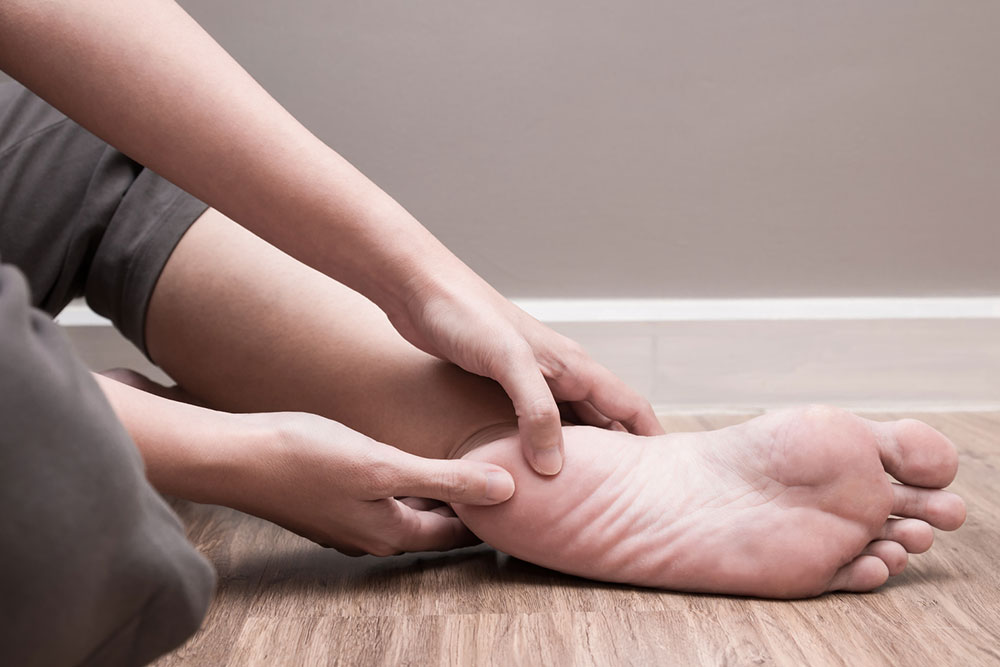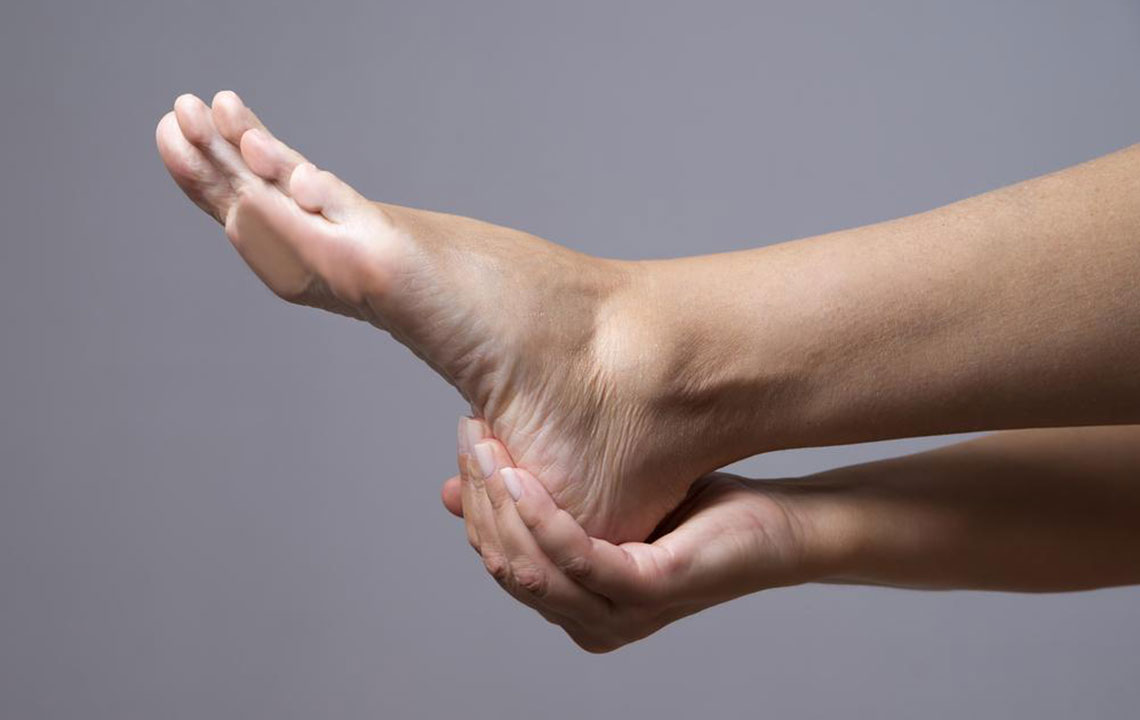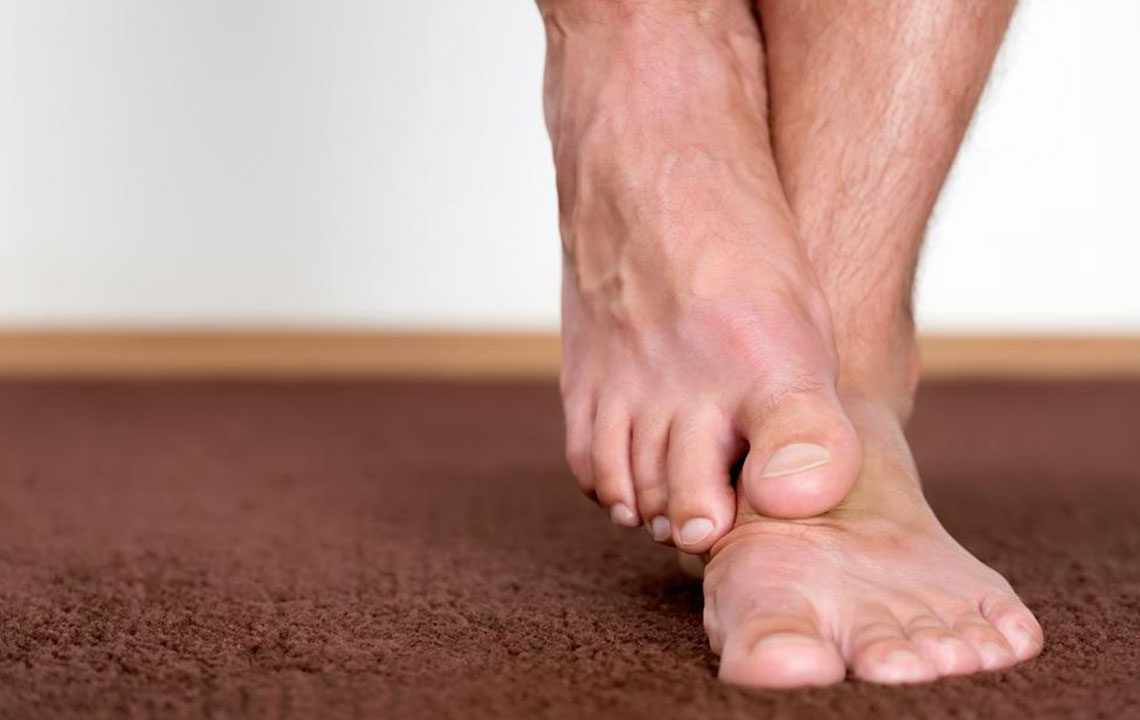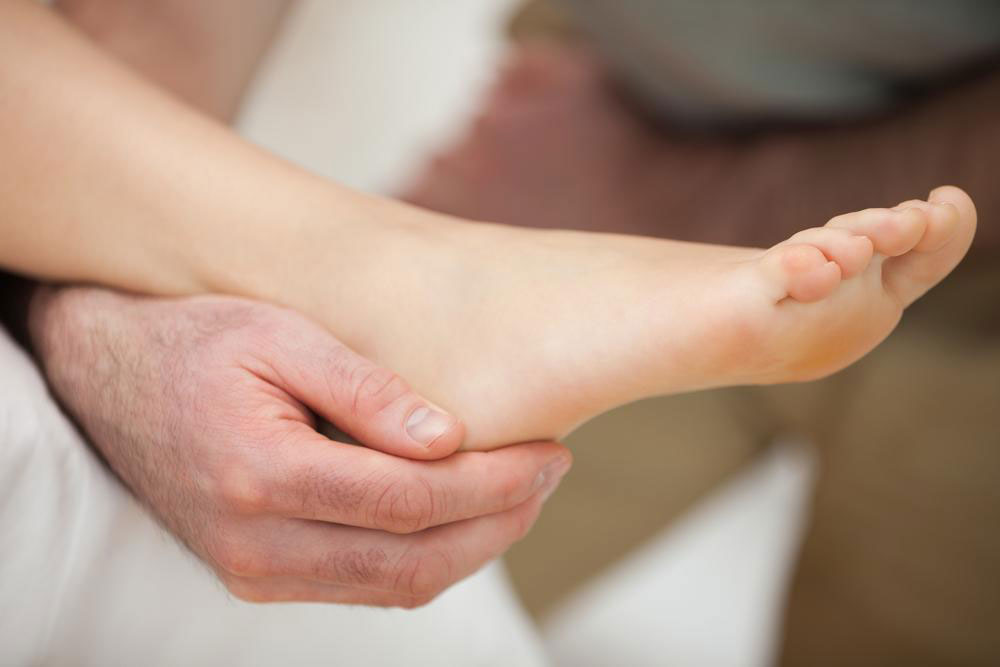Understanding Foot Neuropathy: Causes, Symptoms, and Treatment Options
Discover comprehensive insights into foot neuropathy, including its causes, symptoms, and effective treatment options. Learn about nerve types involved, signs to watch for, and therapies to manage pain and restore function. Proper diagnosis and tailored therapies can significantly improve quality of life for those suffering from nerve damage in the feet caused by various health conditions. Consult healthcare professionals for an accurate assessment and optimal care strategies.

Understanding Foot Neuropathy: Causes, Symptoms, and Treatment Options
Foot neuropathy arises from nerve damage affecting the peripheral nervous system. It's essential to determine the root cause to manage symptoms effectively. Nerve injury can lead to discomfort and dysfunction in various ways.
Symptoms of Foot Neuropathy
Foot neuropathy results from affected peripheral nerves, including:
Sensory nerves
They transmit sensations like pain, temperature, touch, and vibrations from the skin.
Motor nerves
They control muscle movements.
Autonomic nerves
They regulate functions such as heart rate, blood pressure, bladder activity, and digestion.
Signs of peripheral neuropathy include:
Numbness or tingling
Often starting in the feet or hands, radiating to arms or legs.
Pain
Described as burning, stabbing, or freezing sensations.
Sensitivity
Increased reaction to light touch.
Balance issues
Problems with coordination and increased risk of falls.
Muscle weakness
Motor nerve impairment can cause weakness or paralysis.
Heat intolerance
Changes in sweating and body temperature regulation.
Additional symptoms involve digestive issues, dizziness, and blood pressure fluctuations when autonomic nerves are affected. Unilateral nerve damage is called mononeuropathy, while multiple nerve involvement is polyneuropathy.
Causes of Foot Neuropathy
Several factors contribute to nerve damage in the feet, including:
Alcohol abuse
It can lead to vitamin deficiencies affecting nerves. Complete abstinence is recommended.
Autoimmune conditions
Diseases such as lupus, rheumatoid arthritis, or Guillain-Barre syndrome can cause neuropathy.
Diabetes
High blood sugar levels significantly increase neuropathy risk.
Exposure to toxins
Heavy metals and chemicals can damage peripheral nerves.
Medications
Certain drugs, especially chemotherapy, may induce nerve damage.
Infections
Viral illnesses like shingles, HIV, or Lyme disease can trigger neuropathy.
Genetics
Inherited conditions like Charcot-Marie-Tooth disease are also factors.
Injury or pressure
Trauma from accidents, falls, or repetitive activity can harm nerves.
Tumors
Growths pressing on nerves may cause damage.
Vitamin deficits
Deficiencies in B vitamins and vitamin E contribute to nerve problems.
Bone marrow disorders
Conditions like gammopathy or amyloidosis can lead to neuropathy.
Other illnesses
Kidney, liver, or thyroid diseases may also contribute.
Managing Foot Neuropathy Treatment centers on addressing the root cause, if known. When the cause remains unidentified, symptomatic management and monitoring are recommended.
Medications for Relief
Pain medications
Over-the-counter anti-inflammatories or stronger pain relievers may be prescribed. Opioids are last-resort options due to dependency risks.
Anti-epileptic drugs
Gabapentin or pregabalin can reduce nerve pain, though drowsiness may occur.
Topical therapies
Capsaicin creams or lidocaine patches may provide localized relief, with possible side effects like burning or dizziness.
Antidepressants
Tricyclic antidepressants like amitriptyline or serotonin-norepinephrine reuptake inhibitors (SNRIs) can alleviate pain symptoms.
Therapeutic Interventions
Electrical nerve stimulation (TENS)
Uses gentle electrical currents to ease nerve pain.
Immune modulation
Plasma exchange or IV immunoglobulin may be beneficial for inflammatory neuropathies.
Physical therapy
Enhances muscle strength and improves mobility.
Surgical options
Removing pressure from nerves due to tumors or lesions requires surgical intervention.
Important Note:
The information provided aims to inform and guide but should not replace professional medical advice. Consult healthcare providers for accurate diagnosis and personalized treatment plans.










